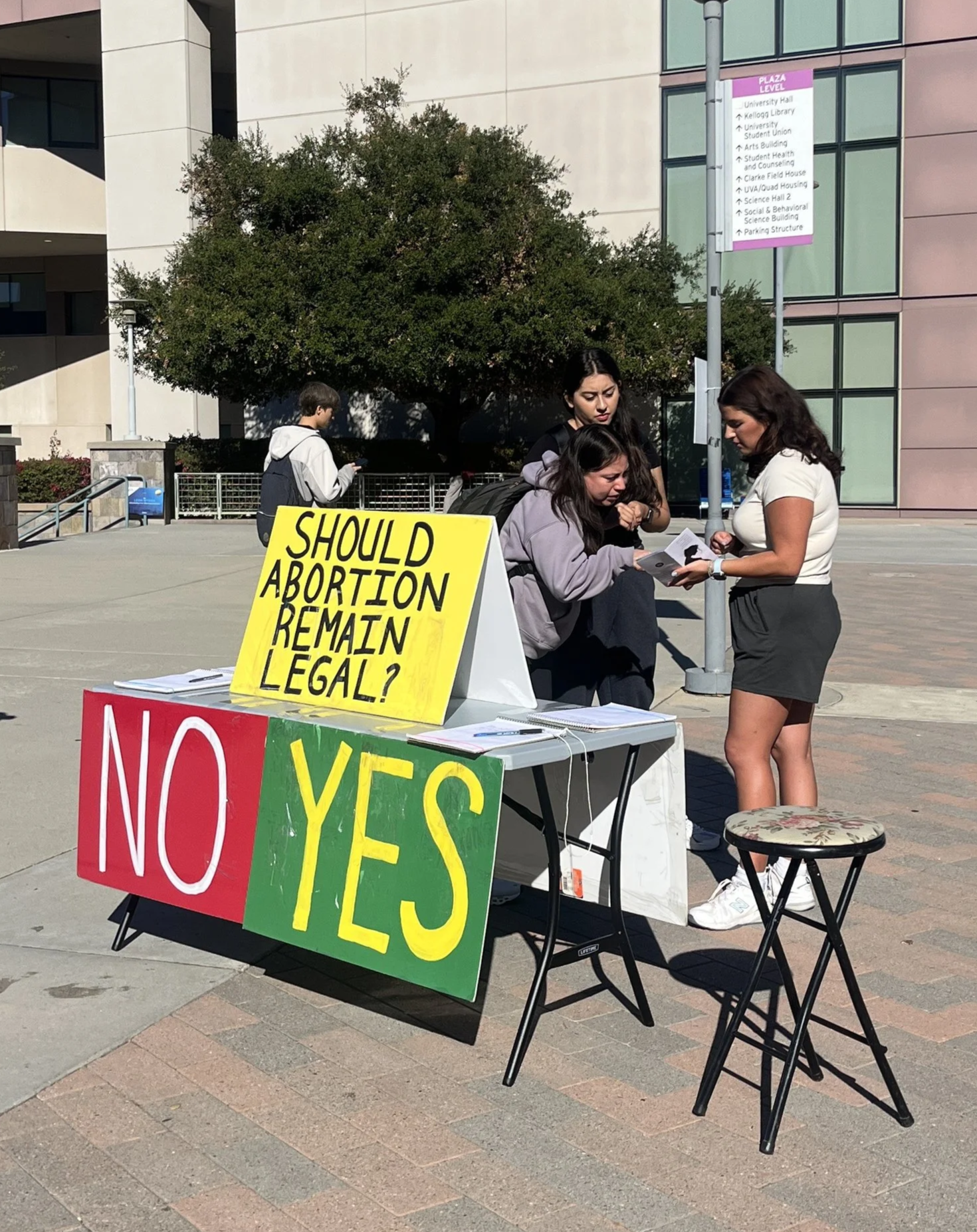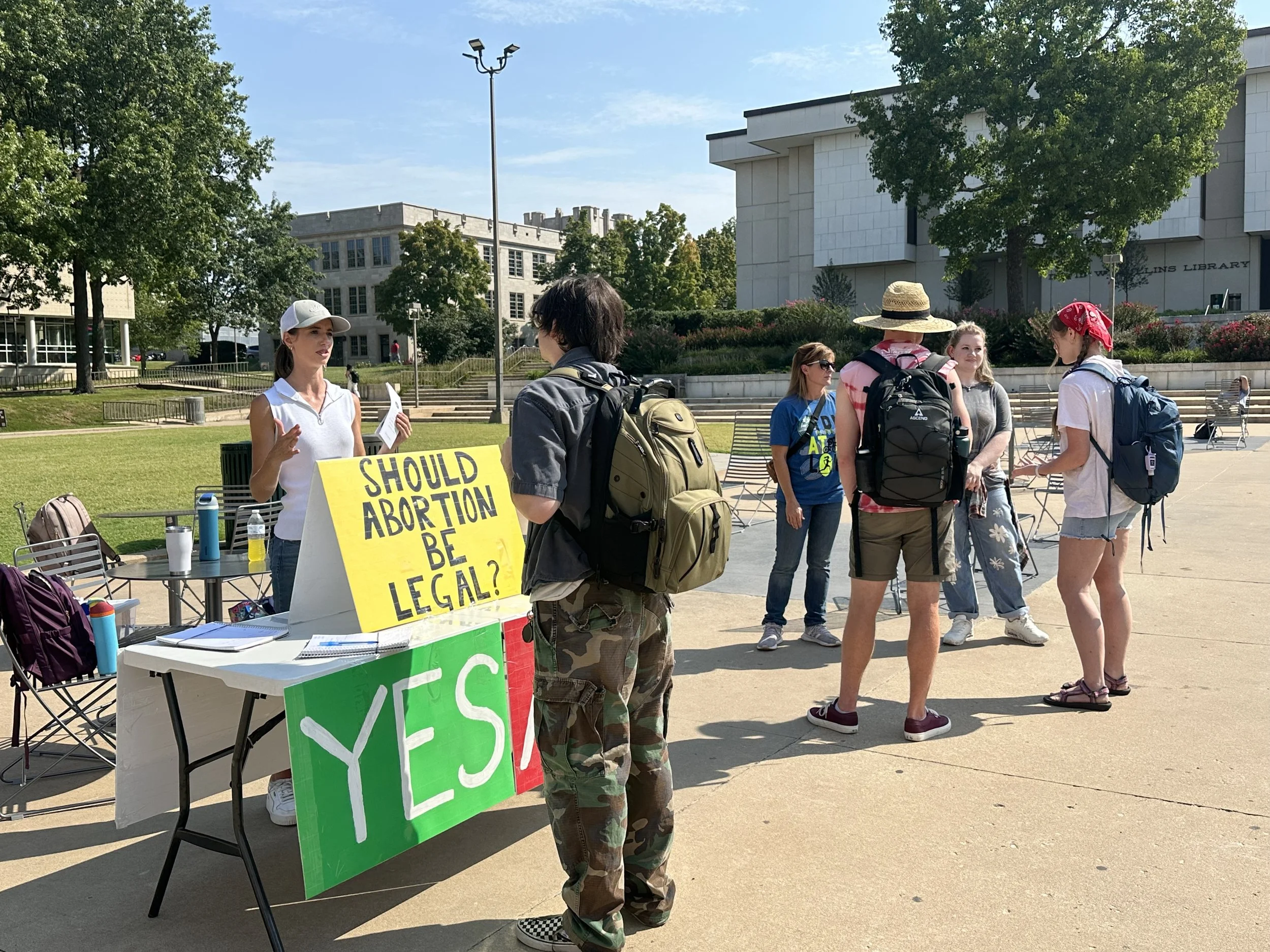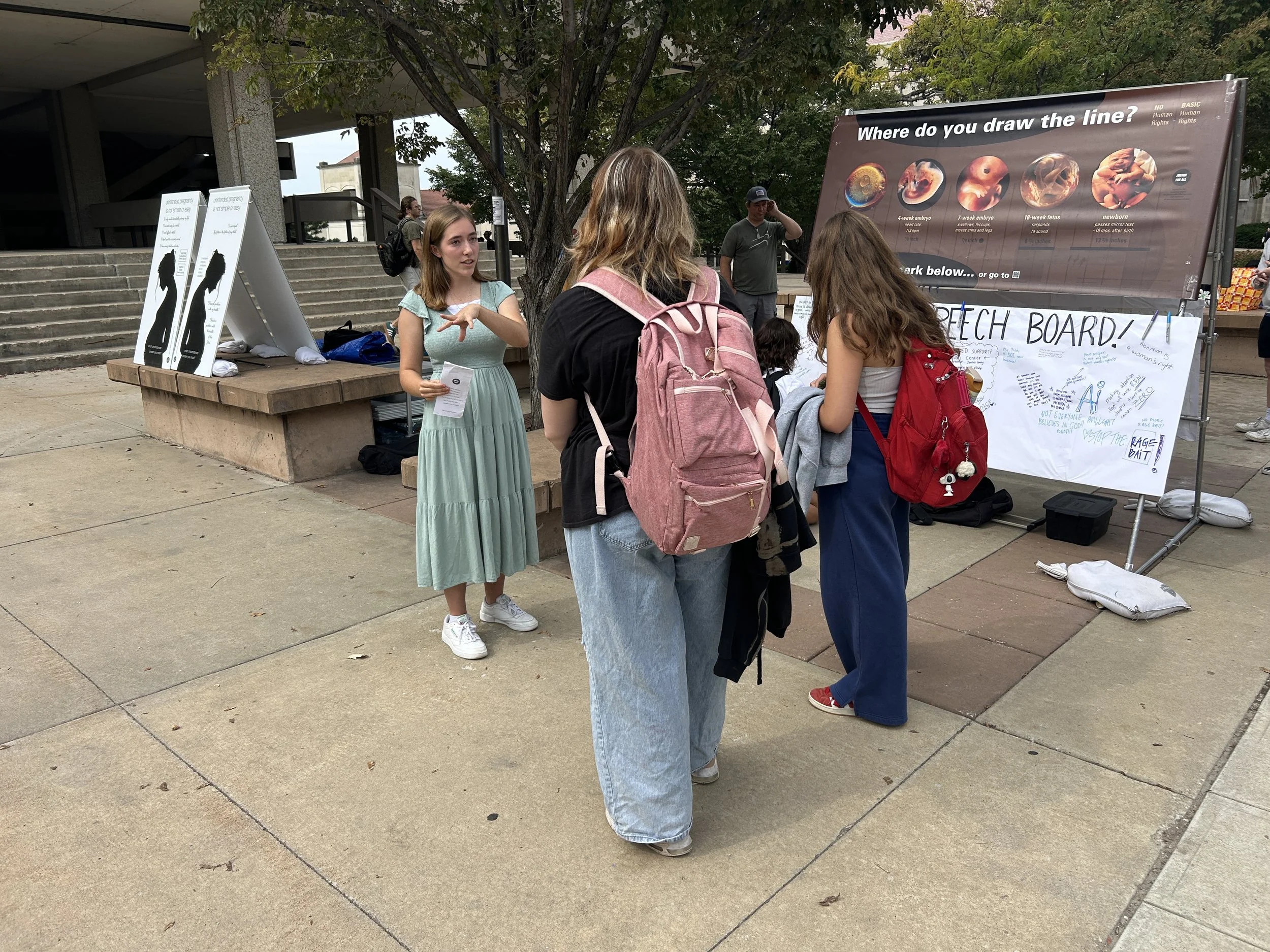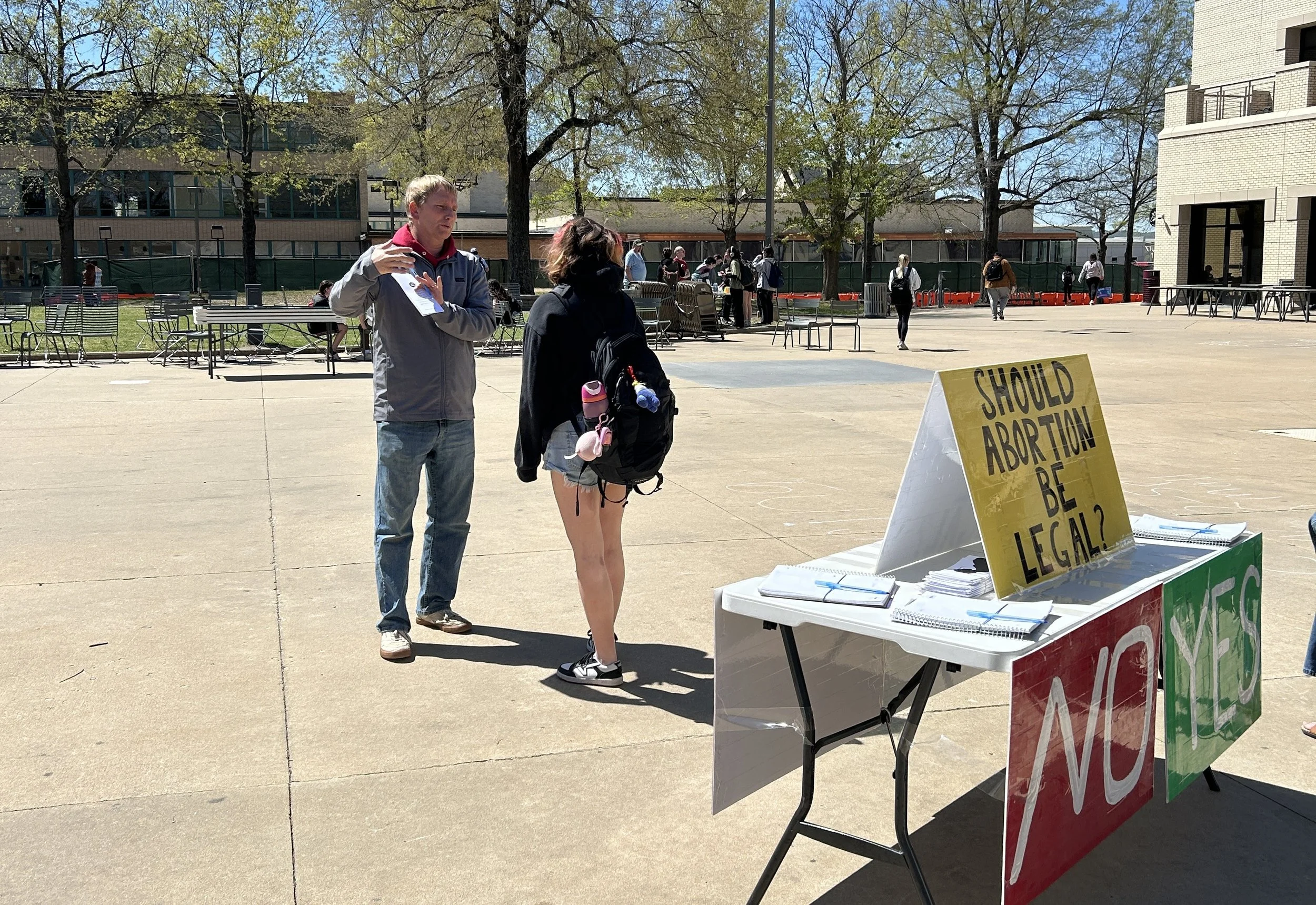Mother Teresa's 1994 amicus brief, filed by Robert P. George with the Supreme Court, is worth reading in its entirety.
Note the tone of the entire piece, both praising America for its virtues and calling America to respect its highest ideals. Mother Teresa is both mindful that she is an outsider and bold to speak from her unique vantage point as one who has distinguished herself in caring for the poor, something most people hold in high esteem.
Note also that here Mother Teresa does not speak about the value and rights of the unborn in a way that pits them against the rights of women. She see valuing both as being necessarily connected. She also focuses most of her piece on the underlying principles that drive the American project, namely our concern for freedom and human rights, and then shows how care for the unborn is a natural, practical outworking of those underlying principles.
Then she goes on to name some of the effects of abortion on American culture, but only within this necessary context of discussing the human rights of the unborn:
America needs no words from me to see how your decision in Roe v. Wade has deformed a great nation. The so-called right to abortion has pitted mothers against their children and women against men. It has sown violence and discord at the heart of the most intimate human relationships. It has aggravated the derogation of the father’s role in an increasingly fatherless society. It has portrayed the greatest of gifts—a child—as a competitor, an intrusion, and an inconvenience. It has nominally accorded mothers unfettered domination over the independent lives of their physically dependent sons and daughters. And, in granting this unconscionable power, it has exposed many women to unjust and selfish demands from their husbands or other sexual partners.
Human rights are not a privilege conferred by government. They are every human being’s entitlement by virtue of his humanity. The right to life does not depend, and must not be declared to be contingent, on the pleasure of anyone else, not even a parent or a sovereign.
You can read the amicus brief in its entirety at The Witherspoon Institute's Public Discourse blog.





